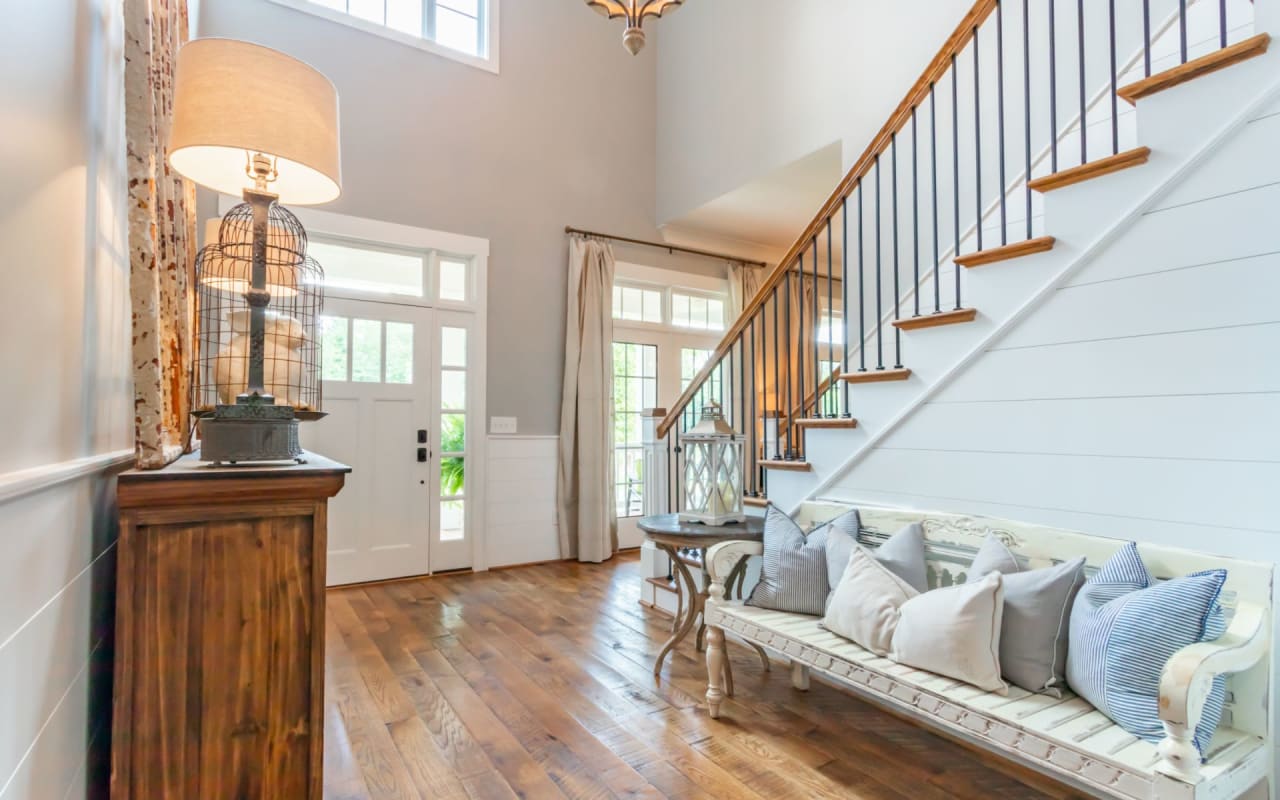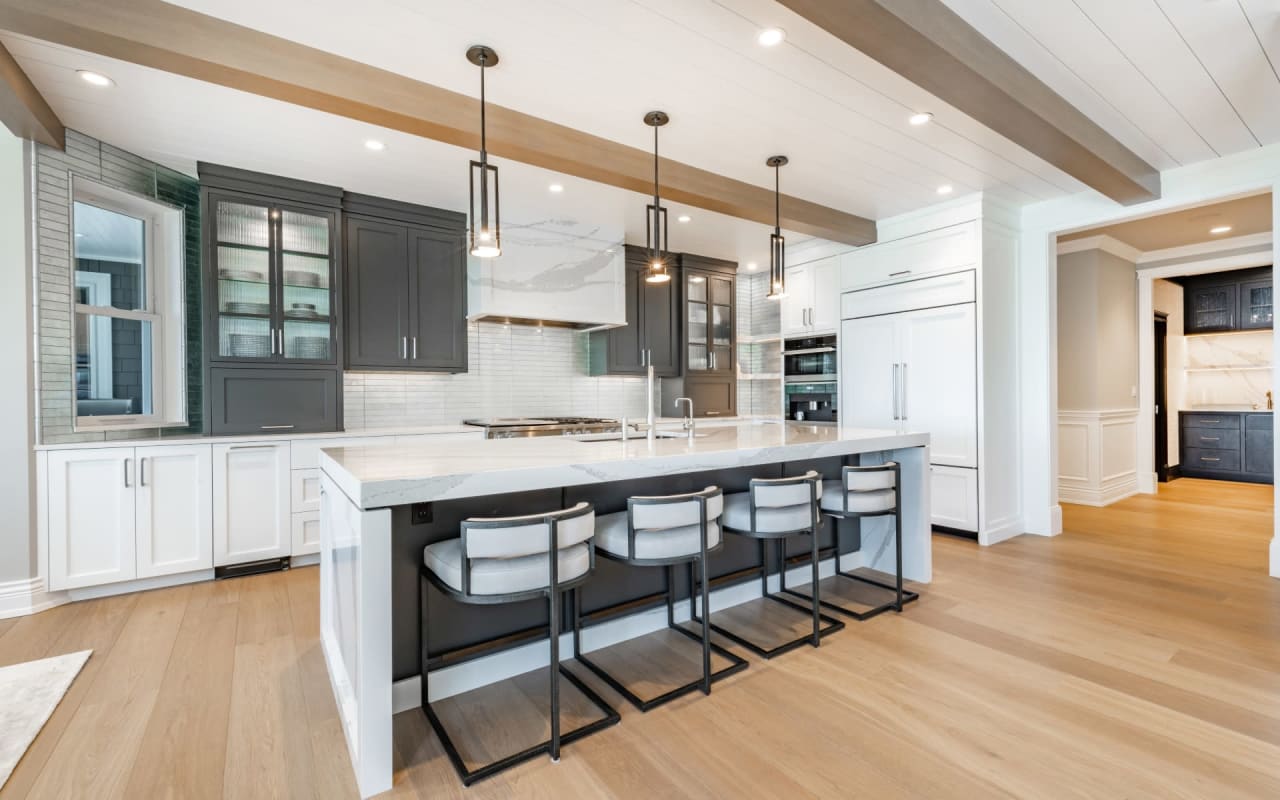This is a question I hear all the time, "When will the bubble burst"? And it's a good one, given our open wound still, from the 2006-2011 crash.
The short answer is that the "bubble", which is a press/news term that I strongly dislike, is not going to "burst" and there is no "bubble". There are however real estate cycles and we're nearing the peak of this cycle.
So I believe that the Real Estate Market will slow from its current torrid pace and escalating prices, then prices will plateau, then come down slightly and eventually it will balance again. Usually about a 3-6 year phase of a RE cycle.
I've been in the business for 32+ years, and have been through 2 major and 2 minor market cycles. The changes WILL come, always have, always will.
The following Realtor® Magazine article is fairly right on target and explains several of the differences between now and then (2006).
Google Searches Reflect Consumers’ Market Angst
Americans are increasingly turning to Google to find answers to their housing questions. The phrase “When is the housing market going to crash?” has surged in Google searches by 2,450% in the past month. Consumers are also searching for information about “Why is the market so hot?” doubling in the last week and “How much over asking price should I offer on a home in 2021?” which increased by 350% in Google searches that week.
While consumers are showing concern that the housing market may be overreaching as home prices rise and bidding wars become common, the National Association of REALTORS® has said conditions are different now than in the previous hot market. “This is not a bubble,” Lawrence Yun, chief economist for NAR, recently told Axios. “It is simply lack of supply.”
The nation has 1.03 million homes available for sale, a record low, and far from the peak of more than 4 million during the height of the last housing bubble in July 2007, according to NAR data. Total active listings were down 54% last week compared with a year ago, realtor.com® data shows.
Mortgage lending is much stricter now than during the last hot market as well. Most homeowners can afford the home they’re living in and have accumulated equity from home price increases, which have eased concerns of a foreclosure crisis brewing, such as the one that resulted from the last housing bubble. Investors are also highly prevalent in the housing market due to high demand for rentals, and that should also serve as a backstop for major price declines, economists told CNBC.
Buyer demand remains high for a limited number of homes for sale. Forty-two percent of homes are selling for more than their list price at the start of April—a 16 percentage point increase compared with the same period a year earlier, according to housing data from the real estate brokerage Redfin.
“The housing market is more competitive than we’ve ever seen it, but a couple of indicators are causing us to ask whether we’re nearing a peak in terms of how fast demand and prices can grow,” says Daryl Fairweather, Redfin’s chief economist. “Sellers’ asking prices may be starting to flatten in what so far appears to follow a typical seasonal pattern.” If that continues to happen, she says the housing market will not be in a runaway home price speculation environment.
Also, with mortgage rates gradually on the rise, more potential buyers may find they’ve topped their affordability limit for now. Frank Nothaft, the chief economist at CoreLogic, told CNBC he expects to see annual home price gains cool to the 3% range, instead of the double-digit annual increases seen over the past year.



